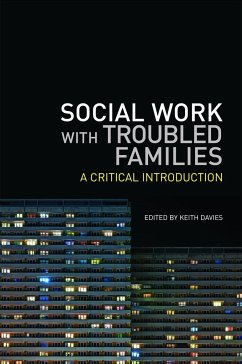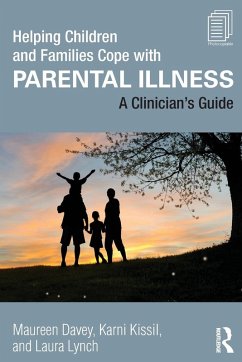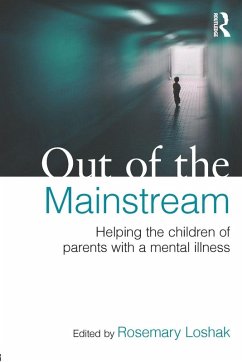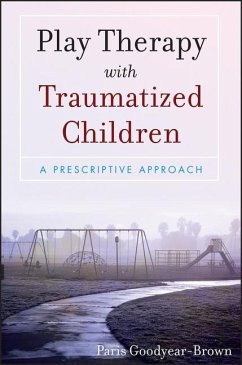Nicht lieferbar
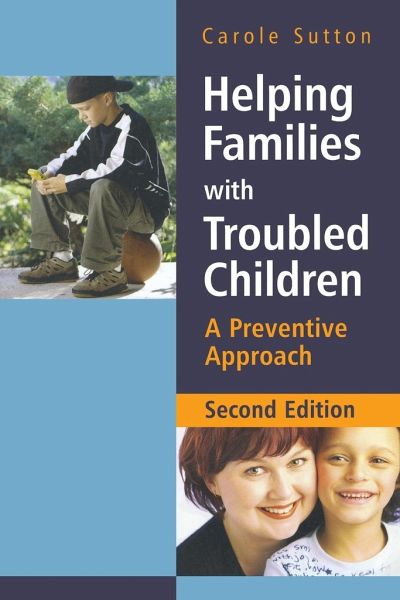
Helping Families with Troubled Children
A Preventive Approach
Versandkostenfrei!
Nicht lieferbar
In Helping Families with Troubled Children: A Preventive Approach, Second Edition, author Carole Sutton stresses the importance of attempting to work with families before difficult behavior becomes entrenched and resistant to intervention, preferably at or before the age of two years.











